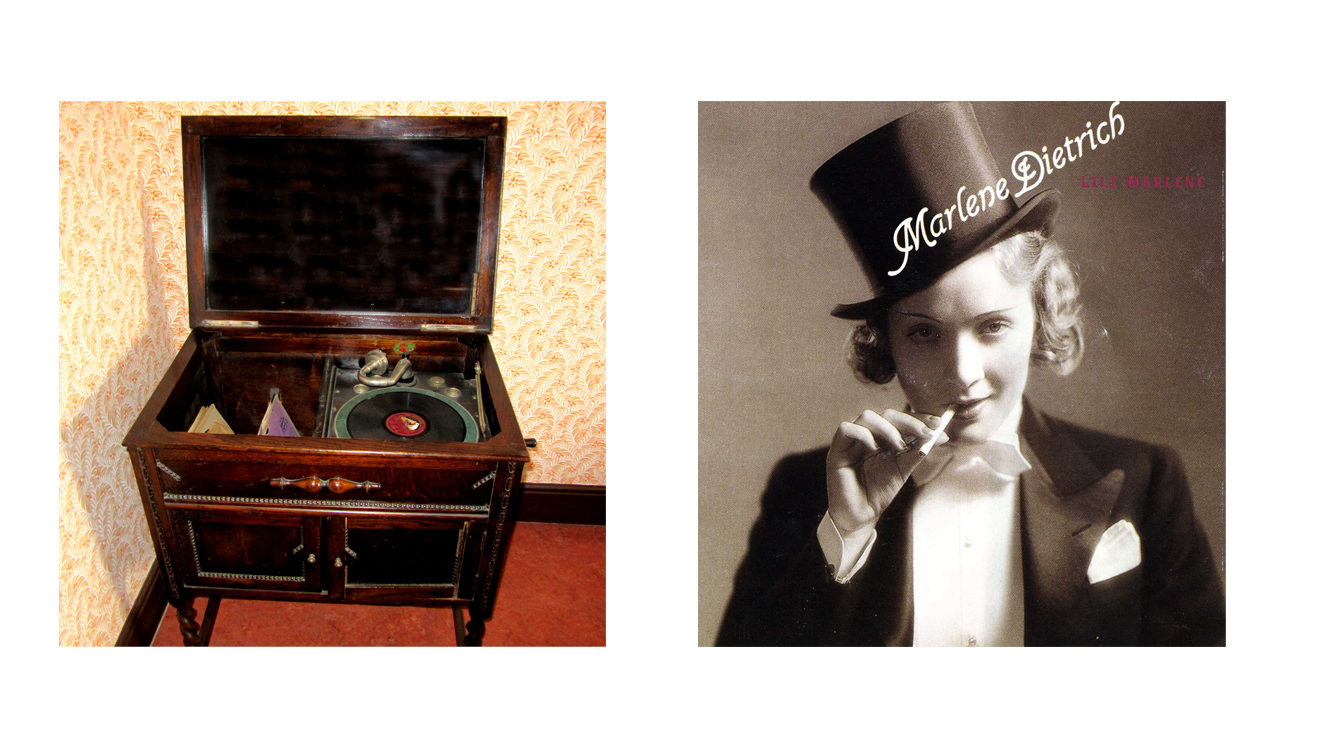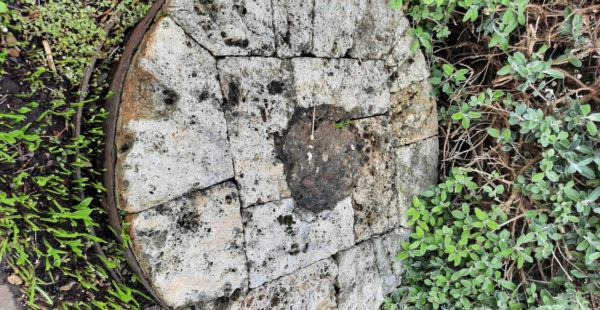Granny’s at Brinkhill – Chapter Four
Uncle Jack and Uncle Horace added to her worries one year when I arrived for my holiday to find that they had put up a swing for me in the barn which stood in the farmyard next to Granny’s house. It was the best swing ever. The barn was lofty, the rafters high and the ropes were long. I could work myself up so that I was flying over the farmyard with Granny nearby, begging me to hold tight. I wonder if Uncle Jack thought that a swing to play on might save his ears from the mauling he knew they were in for when I was staying? The next time I went, the swing had gone and the barn was full of sacks of black powder. I know, because I followed Uncle Horace when he went to check on them and poked my finger into a handy hole, disconsolate at the loss of my swing. Uncle Horace just laughed and wiped my finger. It didn’t seem to do me any harm. Granny preferred the sacks to the swing. A large modern house now stands on the site of the barn, but nothing can erase my memory of the wonderful sensation of swinging long and high all those years ago.
I was never bored at Granny’s but one day I ran out of books to read. This was a major catastrophe to a bookworm like me, but Granny came to the rescue. She disappeared into the room across the hallway, opposite the kitchen, and I followed her, inquisitive as usual. The room was very dark as the curtains were drawn but I glimpsed a dresser with ornaments on display. I suppose it was the parlour but I don’t think it was ever used except to store Auntie Marjorie’s and Beryl’s bicycles. It smelt strongly of damp and Granny emerged quickly with an old book which smelt like the room. It was called ‘A Peep Behind the Scenes’ and it had very small print. It was a story about a travelling fair-cum-circus, full of the tragedy and melodrama which the Victorians loved. I don’t remember being bothered that people, including and especially children, were dying all the time. It was a story and that was all that mattered. The book dates from 1877 and astonishingly is still in print. I shan’t buy one – I can’t revisit this memory. The book wouldn’t have the same mouldy smell which I rather liked.
When Granny and the aunties had finished dealing with the dishes, it was time for them to have a freshening wash and to get changed out of their morning work clothes. Granny always put on a clean overall at this point, one of those sleeveless, wrap-around affairs which she would wear for the rest of the day and during the next morning as she cooked.
The afternoon might mean a walk with Beryl to see Auntie Flo and Auntie Dolly who worked for Mrs Bell at The Manor. I liked this walk – it wasn’t far! As we went through the gate which led to the back door there was a large duck pond on the left-hand side with ducks whose antics always made me laugh. On the right was a long row of stables which didn’t have horses in them any more. They were the living quarters for all the Italian prisoners of war who worked on the Manor farms. Occasionally the men would be there, leaning on the half-open stable doors. They would wave and whistle as we went past. I used to wave back and wanted to go and talk to them, but Beryl, who was about 14 or 15-years-old, always looked down at the ground and giggled. “Don’t tell Granny they’ve shouted,” she’d say. I wanted to know why we mustn’t talk to the men who seemed so happy and friendly, but she just said, “Granny would be cross if she knew.” I kept that secret. I didn’t like it when people were cross. At Christmas, however, a beautiful little basket woven out of willow arrived via the aunties with a verbal message from the prisoners that it was ‘for the little girl who always waves to us when she goes past.’ So maybe the secret was out after all.





